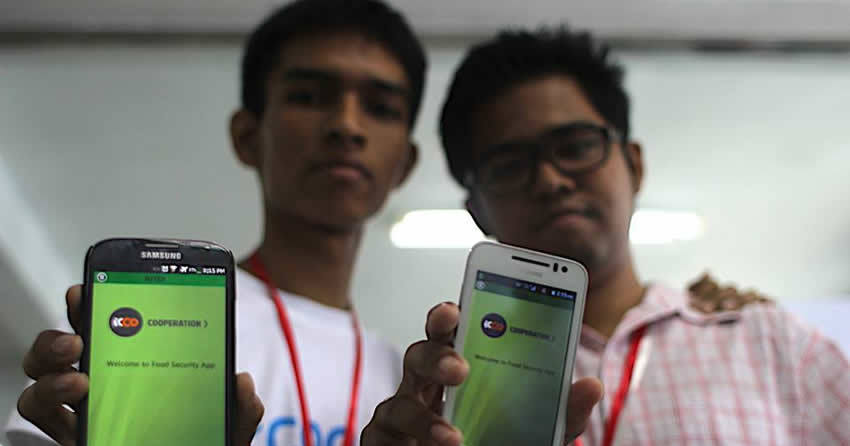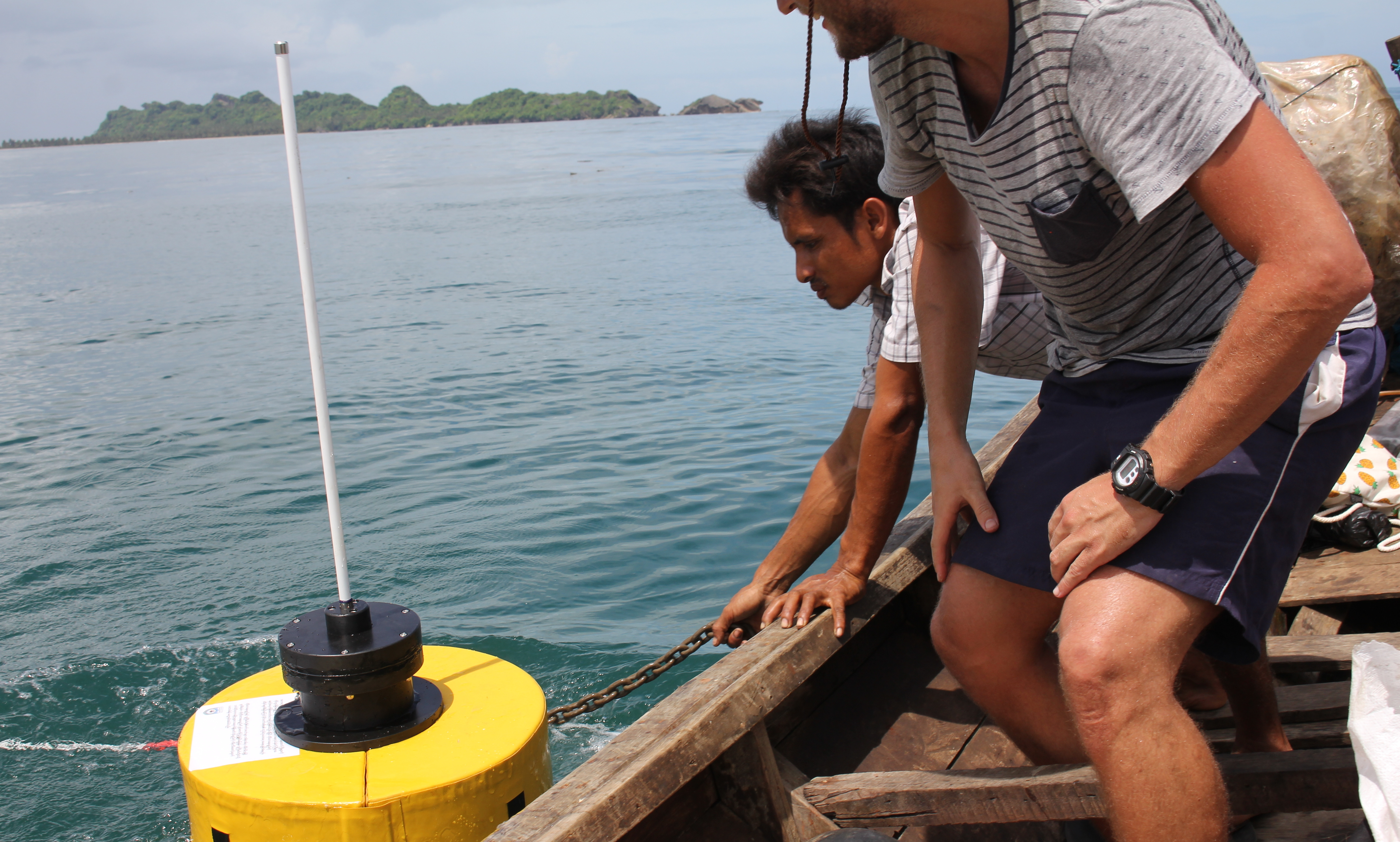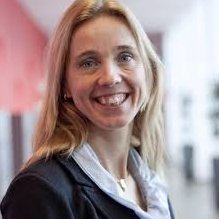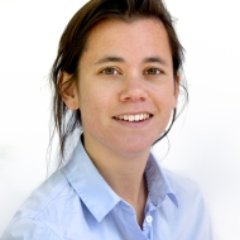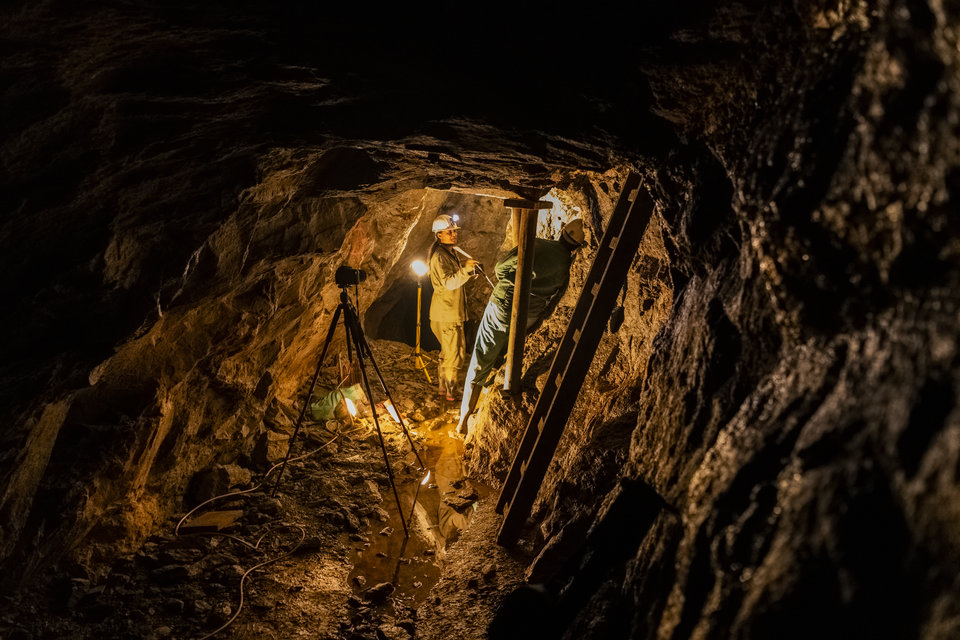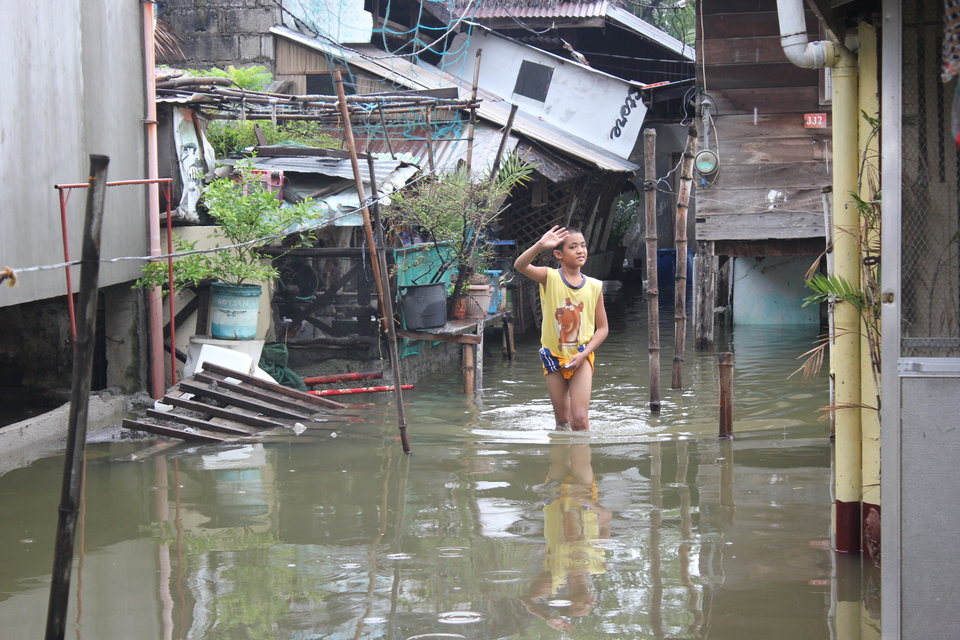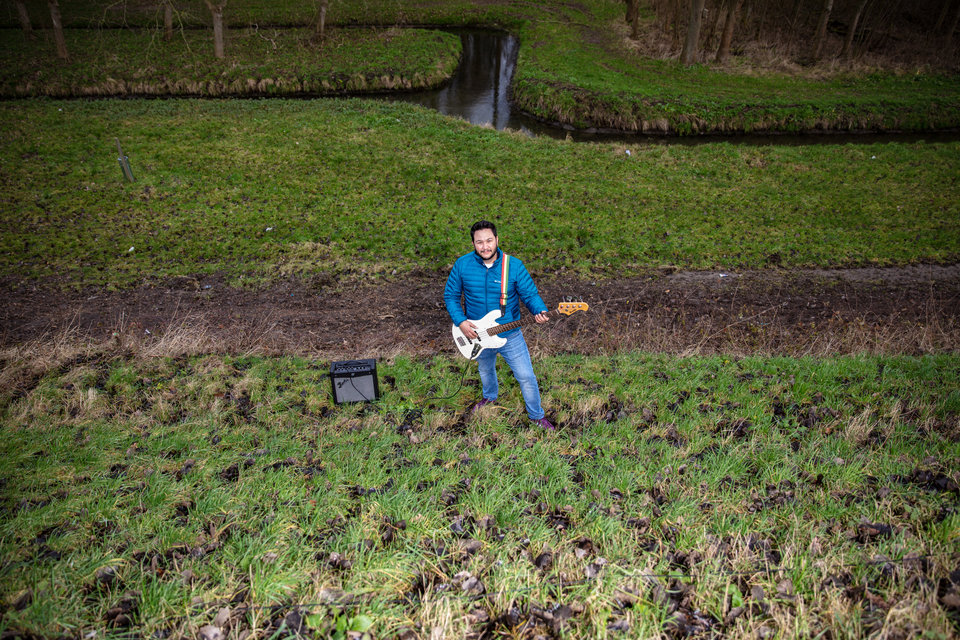Over the past two years, the latest Dutch innovations in smart water management have been rolled out in Myanmar. In doing so, researchers and students from Delft University of Technology, together with the business community were able to turn the technological backwardness of the Asian country into an advantage. "It is a paradise for engineers."
A few years ago there was no mobile network in Myanmar. Now there is 4G across the country and most residents have a smartphone that you can use to collect data, say programme director Marjan Kreijns and project manager Lindsey Schwidder of VPdelta about the rapid developments in the country. Kreijns: "With a special app - developed by one of our startups - they can easily gain insight into water quality and it is automatically shared with us."
Fishing boats as a high-tech system
Or take traditional fishing boats. With sensors you can nowadays transform them into a high-tech measuring system that allows you to map the river depths in remote areas. Innovative smart buoys collect wave measurements off the coast in a cheap way. Technology that used to be unaffordable is now within reach of developing countries as a result of the digital revolution.
They are a good example of what is called ‘leapfrogging’: in developing countries with outdated infrastructure you skip the ‘intermediate steps’ and implement the latest, state-of-the-art technology. From no mobile network straight to 4G. No expensive measuring equipment for water quality, but a smartphone.
Myanmar is very suited for this kind of innovation. "Until 2011, the country was almost inaccessible because of the military junta, so economic development has lagged far behind," says Kreijns. It’s a ‘paradise for engineers’. "There was nothing at all."
Latest innovations
Thanks to the ‘Leapfrogging Delta Management in Myanmar’ project, financed by the RVO Partners for Water programme, the country gained access to the latest innovations. "We brought them the very best, all at once." And the good thing: those innovations could be implemented very quickly, because there were no existing structures that needed to be adjusted. “There is just no data, so they are happy with everything. It went from: do you have a method for measuring water quality very quickly? Fantastic! Let’s go! ”
The challenges are great. Myanmar is a beautiful country, with fertile farmland, a long coastline and a beautiful delta. But the country also suffers from floods, droughts, dirty water and a shortage of drinking water supplies. In 2015, a large capacity building project was started, including the improvement of the curriculum of two universities in the field of integrated water management.
Fieldlab in Myanmar
"In particular, there was a great need for knowledge and expertise in the field of data collection, smart measurement and monitoring," says Schwidder. The ‘leapfrogging’ project resulted from this. For two years, seven Dutch startups and two SMEs demonstrated the latest gadgets in the field of data collection and measurements. A field lab with different locations in the delta was set up to test the innovations together with Myanmar.
Showcasing how the new technology works, was an important part of the project. "In this way you teach the professionals and students in Myanmar how to operate it," says Schwidder. Several students from Delft University of Technology did measurement campaigns of up to six months, so there was really time to working together and make sure a proper transfer of knowledge. The Dutch students, more than thirty in total, always worked closely with their Myanmar colleagues: young employees from government or local institutions.
These projects were also useful for the further development of technology. "A rain meter that had worked well in the Netherlands for many years turned out not to be able to handle the tropical rain fall in Myanmar," says Kreijns.
Follow-up orders
All data collected during the project ends up on a portal that is shared with Myanmar. This information is being used well, Schwidder knows. "One time, we had an appointment with a senior official at a ministry and it turned out he had a MSc thesis from Delft University of Technology on his computer!" The companies involved also benefit: of the seven startups, five have already won follow-up assignments.
In addition to demonstrating Dutch technology, the Myanmar water managers were also trained in using data that is already available for free. "Many satellite images have already been processed into usable data and one can also analyse a lot with Google Earth," says Schwidder. An important part of this project was showing them how to access these types of data sources.
Citizen science
Myanmar profits a great deal from the project, but so does Delft University of Technology. For example, three scientists from Myanmar are working on their PhD in Delft. Besides, the university gains a lot of experience with so-called ‘citizen science’: the deployment of citizens for scientific data collection. In ‘data poor’ areas such as Myanmar, that works very well. Citizens get a telephone for free and in return they have to send a picture of the water level every day.
The citizens of Myanmar are enthusiastic about this, where there is often a more restrained reaction in the Netherlands by both citizens and scientists. Nevertheless, citizen science is on the rise, because smartphones are great instruments for collecting all kinds of measurements in a cheap and reliable way. "This allows Delft University of Technology to conduct long-term testing in Myanmar, which is not so easy to achieve in the Netherlands," says Kreijns.
Follow-up project
The project is concluded, but a follow-up lies ahead. "The room during the final workshop in Myanmar was packed," said Kreijns. “Everyone said to each other: this should not end this way. The government of Myanmar is interested in continuing the collaboration, and we are as well! ”

